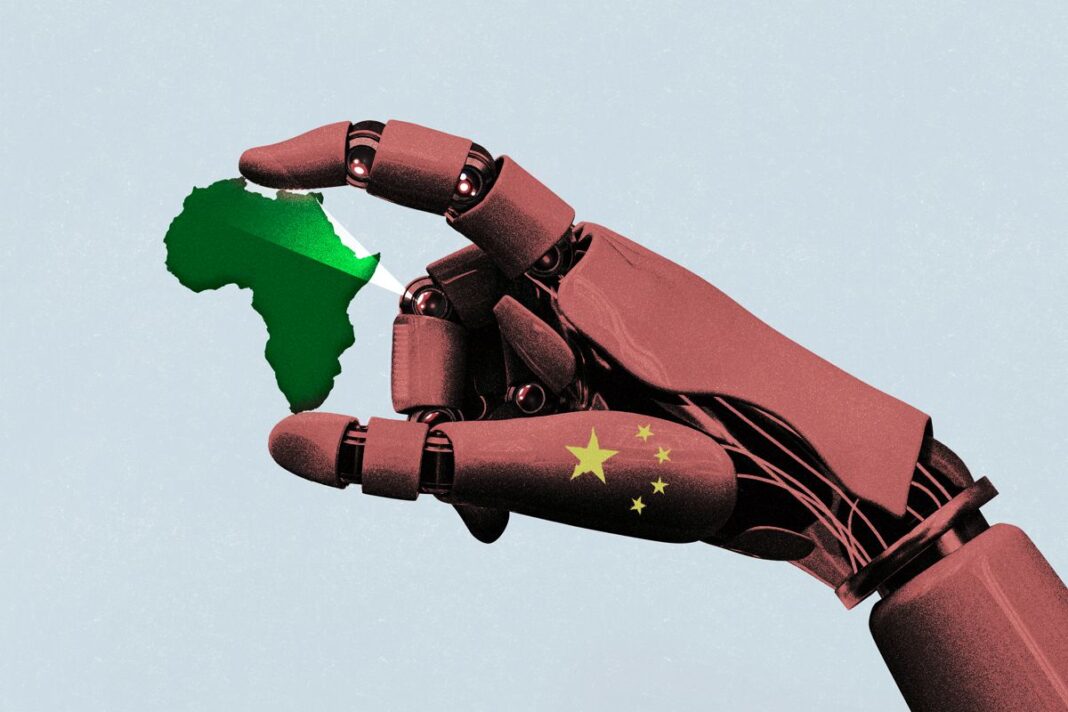‘Surveillance colonialism operates through algorithms, platforms, and biometric contracts, outsourcing control while entrenching dependency,’ one expert said.
JOHANNESBURG—African governments are using Chinese artificial intelligence to find, jail, torture, and even kill political opponents and pro-democracy activists, according to several investigations.
Researchers say Beijing is exporting its “surveillance state” model to African countries and rapidly positioning itself to control the critical infrastructure, data, and energy that will power the continent’s AI systems in the future.
This could mean that China will have immense influence over politics and public life in Africa, potentially influencing election outcomes and swaying public opinion in favor of Beijing and its allies, according to the studies.
Some academics say it’s happening already.
One investigation by a nonprofit studying the use of social media and other technology to target dissident groups worldwide concluded that a “largely invisible pattern” is transforming conflicts across Africa.
The Distributed AI Research Institute (DAIR) stated that using technology such as spyware to hunt political activists and employing facial recognition to track protesters represents “a new kind of mercenary force” in Africa, one that’s largely shaped by companies controlled from Beijing.
Adio-Adet Dinika, researcher and affiliate fellow at the Bremen International Graduate School of Social Science in Germany, headed DAIR’s Data Workers Inquiry project. It investigated incidents in countries including Ethiopia, Rwanda, and Zimbabwe.
Dinika’s research revealed the existence of “digital sweatshops” in African cities and towns, including in Nairobi, Kenya; Accra, Ghana; and Gulu, Uganda, where workers are paid as little as $1.50 per hour to teach AI systems to recognize faces, moderate content, and analyze behavior patterns.
The Chinese regime is perpetrating what Dinika called “digital colonialism at its most insidious.”
“I call this surveillance colonialism, the process by which foreign powers extract data and labor from African populations to build AI systems that ultimately police, repress, and destabilise those very populations,” he wrote.
“Unlike historical colonialism, which relied on boots and bullets, surveillance colonialism operates through algorithms, platforms, and biometric contracts, outsourcing control while entrenching dependency.”
Dinika referred to a $240 million deal signed by the government of Zimbabwe and Beijing-backed tech company CloudWalk in 2018, the first time a company entered Africa with AI surveillance technology.
The Chinese firm helped Zimbabwe build a data center, which ultimately included an AI facial recognition system.








